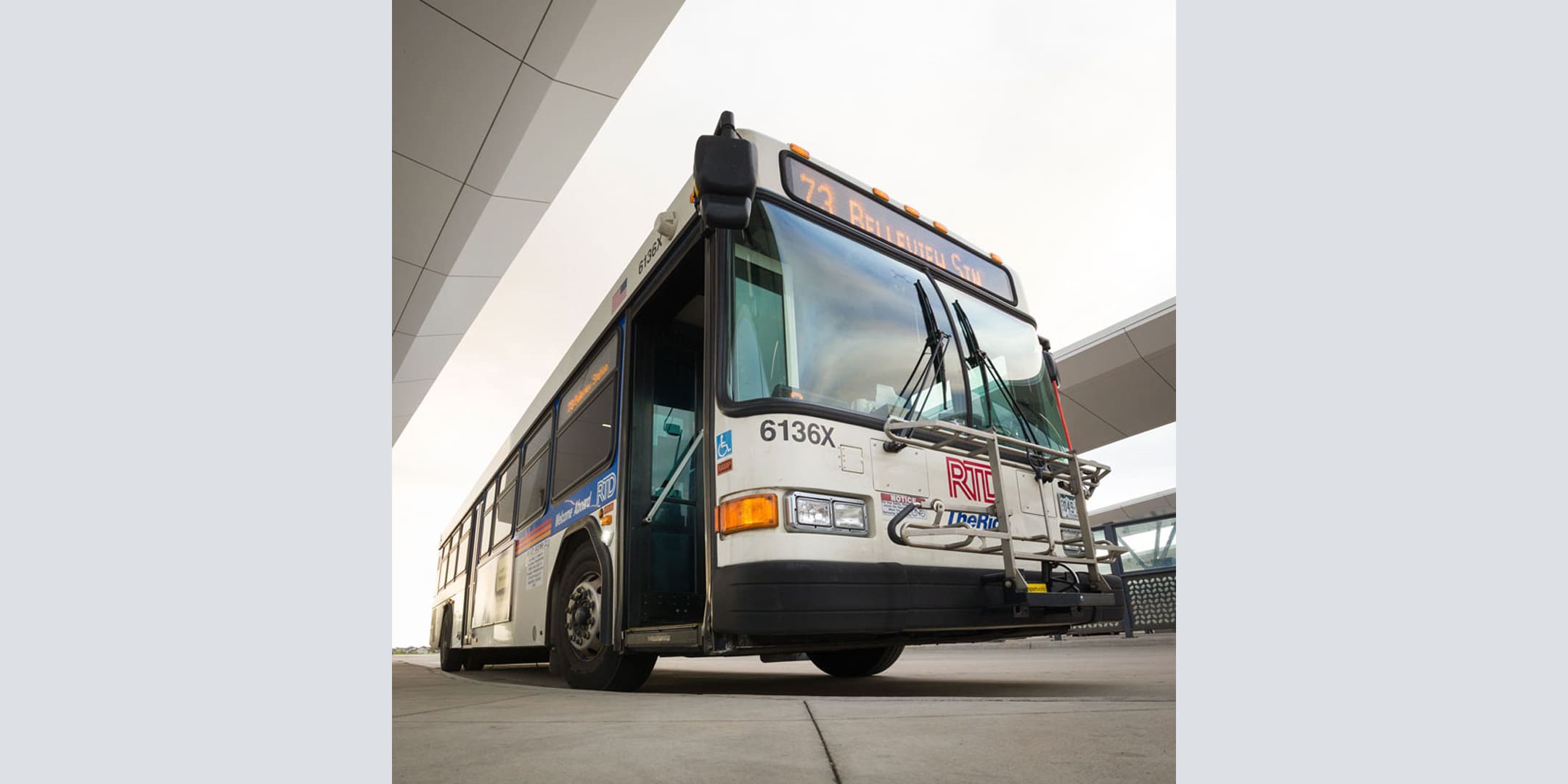
Board of Directors urges passage of House bill giving RTD more flexibility
The RTD Board of Directors this week expressed unanimous support for pending legislation that would give RTD more flexibility to contract with nonprofit organizations and local government agencies.
House Bill 21-1186 was introduced in the Colorado House of Representatives on March 4 and assigned to the Transportation & Local Government Committee. The bill is scheduled for a hearing on March 30. The bill co-sponsors in the House are Representatives Matt Gray and Tom Sullivan.
In a special meeting Tuesday, the RTD Board of Directors voted 14-0 to approve a resolution supporting passage of H.B. 21-1186. Board Chair Angie Rivera-Malpiede was absent.
The ideas within the bill grew out of work by RTD’s independent Accountability Committee, formed in June 2020. The committee was charged with recommending changes to RTD operations and to consider potential improvements in the statutes that govern RTD.
In a March 12 memo to Representatives Gray and Sullivan, RTD General Manager and CEO Debra A. Johnson noted that she and Lance Longenbohn, president of ATU 1001, had “collectively” developed and drafted amended language to the bill that reflects modern transit terminology.
One key recommended change is using the “platform time” measure in lieu of “vehicle hours” to calculate RTD’s total bus route service. The “platform time” concept is the national industry standard, Johnson explained at the meeting. The term includes the number of hours buses are on the road for a given route.
That’s an important measurement because under state law RTD may only subcontract 58% of its total service. Currently, 56% of RTD services are provided through private subcontractors.
The maximum percentage of 58% would not change under the pending legislation, but if the bill clears the General Assembly and is signed by Gov. Jared Polis, RTD would have the additional flexibility to subcontract with nonprofit organizations and local government agencies.
“I am pleased to see this provides RTD with more flexibility,” said RTD Director Peggy Catlin.
Another important feature of the pending bill, which would amend RTD’s original enabling legislation, would repeal a limitation on developments that would reduce parking at a facility or result in a competitive disadvantage to private businesses near the facility. It would also repeal limitations on RTD’s authority to charge fees and manage parking at district parking facilities. Lastly, RTD would gain budgetary flexibility with the removal of a current requirement to derive 20% of the agency’s budget from customer fares.